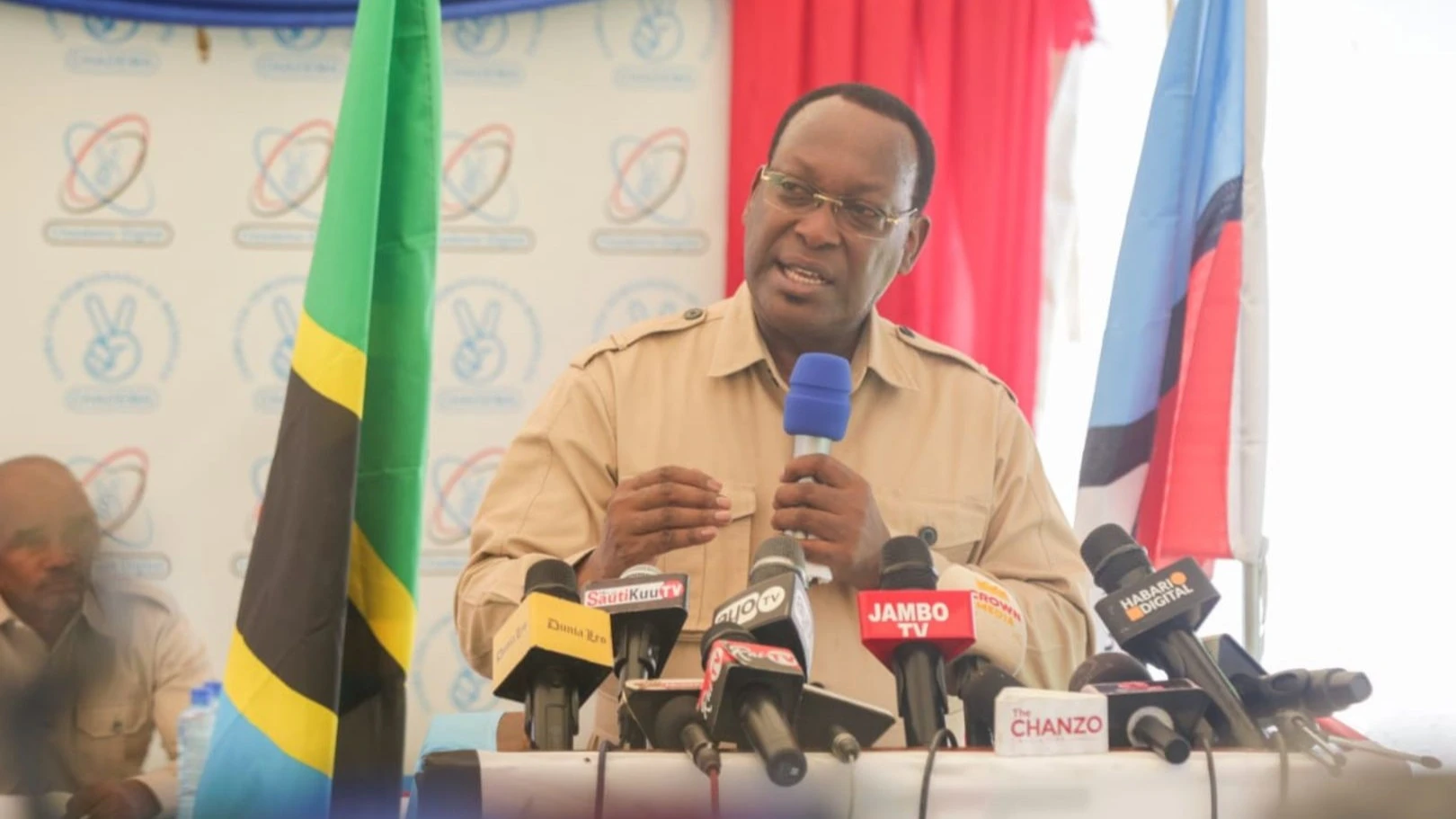Digital modality to process govt transfers in seven days

THE government is working on a digital modality to streamline transfer processes to improve transparency and reduce corruption, a top official has declared.
Deus Sangu, the Public Service Management and Good Governance deputy minister in the President’s Office, announced this initiative when closing a three-day meeting of heads of human resources and administration in the public service in the capital yesterday
Her said that transfer applications need to be processed within seven days, to address the backlog of unresolved transfer requests that negatively impacts staff morale, he affirmed.
Juma Mkom,k the permanent secretary, said that human resources officers need to take a strong stand against violations of public service management regulations in their workplaces.
They need to investigate and take disciplinary actions against civil servants involved in forging transfer letters, expressing concern over reports of forged transfer letters in some public institutions.
“I urge you to investigate these cases and take the necessary actions to resolve them,” he said, noting that directive letters had already been sent to the relevant institutions.
The government has meanwhile announced plans to establish a dedicated department to conduct ‘psychometric’ tests for all new public service employees.
The deputy minister issued this notice at the event, explaining that the procedure is intended to address rising concerns of unprofessional behaviour, lack of discipline and failure to adhere to established code of ethics in public service provision.
Psychometric tests are used by employers to assess intelligence, abilities, potential and personality, he explained, outlining the growing challenges facing the sector, including poor work habits, low accountability and unethical behaviour.
These tendencies are exacerbated by the lack of ‘self-awareness’ among some civil servants, he said, citing poor communication, alcohol consumption, laziness, nepotism and sexual bribery as habitual concerns undermining effectiveness in public service delivery.
The public service is a crucial sphere where ethics and patriotism must be visible to ensure positive and acceptable outcomes, he stated, intoning that some civil servants are ‘unproductive,’ a situation that has reached alarming levels and requires urgent intervention.
A specialised department tasked with conducting psychometric tests for all new recruits will help to ensure that only qualified individuals who meet the necessary ethical and professional standards are invited into government employment.
Proper screening and induction seminars are crucial for young recruits, as some are demonstrating poor work maturity, financial illiteracy and an inability to comply with the dos and don'ts of the public service, he said.
He regretted that some civil servants are neglecting their responsibilities while receiving taxpayer-funded salaries, arising from the view that being permanent and pensionable is next to immunity from accountability.
He urged heads of human resources departments to handle their roles more professionally, particularly in addressing diverse issues faced by public officials.
Some employment managers face accusations of using unfriendly language and reluctance in responding to the challenges troubling staff members, he said, urging them to ensure positive working relationships with staff.
These conditions encourage public servants to perform their duties with enthusiasm and commitment, he further noted, underlining that favouritism or corruption in personnel transfers undermine human resource management.
Top Headlines
© 2024 IPPMEDIA.COM. ALL RIGHTS RESERVED






















